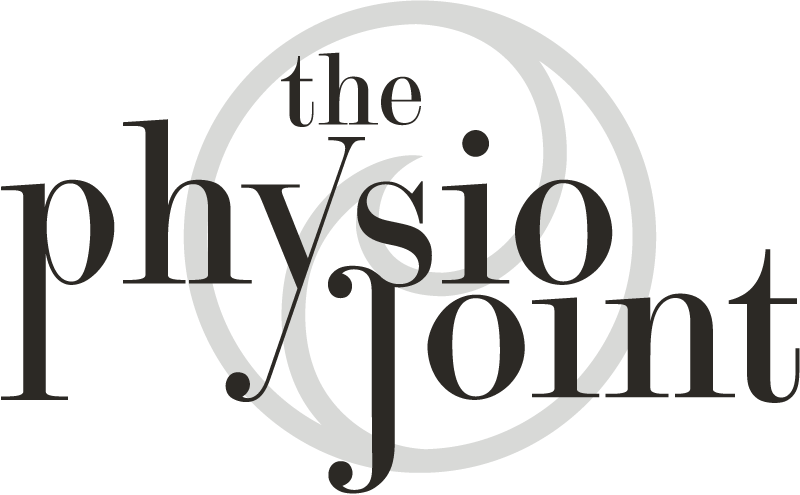Recently, we have been analysing our online booking system.
Often, we get emails requesting an appointment for physiotherapy only to find out that when our reception follows up with these requests, the person doesn’t require the appointment anymore.
We find this intriguing.
Is it because the person already found another physiotherapist in the Newcastle area and were simply being polite by not telling the receptionist?
Or…
Did the pain go away just as quickly as it arrived?
We often see many chronic musculoskeletal conditions that begin as intermittent episodes of symptoms that randomly come and go. Sometimes, they last for a few days or even a couple of weeks. Other types of presentations last for just a few hours or are even only present at the time of doing a specific thing.
The point is that all these presentations will have some kind of musculoskeletal reason why they are occurring… And often they are more easily managed by learning how to self-treat when and if they arise, as well as knowing how to do simple preventative movements to minimise them coming at all in the first place.
We came to the conclusion that these possibly bogus requests for appointments had stories behind them…
Like…
One person woke up in the middle of the night with severe searing neck pain, a condition she had been putting up with every night for the past two weeks. Finally, in extreme frustration and sleep deprivation, she got on her phone and Googled “Neck Pain Newcastle”. She then requested an urgent appointment with The Physio Joint for the next day.
The next day we called her, but she said she was ok by then and didn’t need that appointment. She thought that if she waited a while longer, the symptoms would gradually go away, as they had in previous episodes. Or had they taken pain killers to lessen the pain in the short-term, without really dealing with possible long-term underlying issues?
However, as mentioned in Adam’s post The Importance of Treatment Tune-ups;
Many people, after injuring themselves, don’t bother to seek help but wait to see if the pain will go away on it’s own. And quite often it does. But this does not mean that the problem has been resolved, only that it has now been masked.
And that’s how the cycle of chronic musculoskeletal pain occurs.




